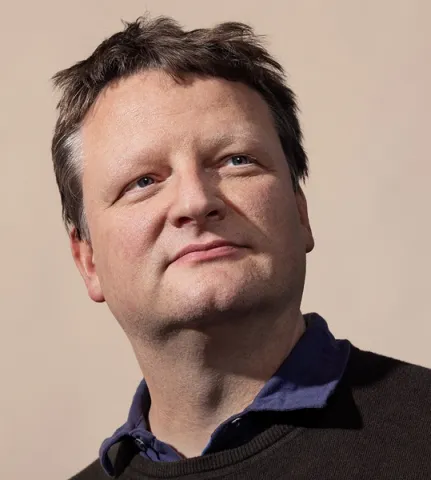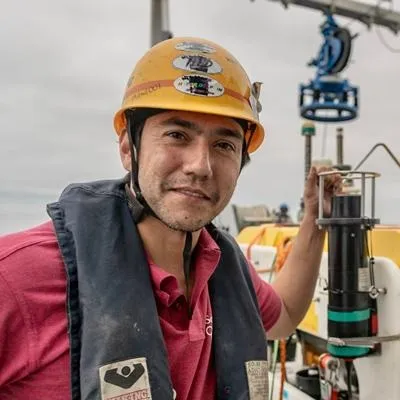About the project
This project will focus on advancing levitated optomechanical quantum technology, specifically a levitated gradiometer, through early-stage development (TRL 1–3) for integration with autonomous underwater vehicles (AUVs). You'll explore how quantum-enhanced sensing can establish a new foundation for resilient navigation in GNSS-denied underwater environments, taking the first steps toward quantum-enabled assured Positioning, Navigation, and Timing (PNT).
Levitated optomechanical systems have rapidly emerged as a promising quantum technology for ultra-sensitive force measurements. While these systems have been successfully demonstrated in space, their potential in ocean and underwater environments remains largely unexplored. Such environments demand highly stable and precise sensing capabilities, particularly to enable reliable navigation where Global Navigation Satellite System (GNSS) signals are unavailable. Beyond navigation, the developed sensor concept could also be extended to geophysical applications, including the detection of small-scale density anomalies in the ocean and sub-seafloor environments, opening new pathways for environmental and resource exploration.
This project will focus on advancing levitated optomechanical technology, specifically a levitated gradiometer, through early-stage development (TRL 1–3) for integration with autonomous underwater vehicles (AUVs). You'll contribute to the design, modelling, and experimental realisation of a prototype levitated gradiometer comprising two (or four) levitated optomechanical sensors (LOMS) stabilised by an optical interferometer for common-mode noise rejection.
You'll then explore how quantum-enhanced sensing can establish a new foundation for resilient navigation in GNSS-denied underwater environments, taking the first steps toward quantum-enabled assured Positioning, Navigation, and Timing (PNT). The research will address key challenges including sensor calibration, noise and disturbance rejection, and gravity-based map-matching techniques to enable accurate and reliable navigation during long-duration AUV missions.
This project is a collaboration between the School of Physics and Astronomy and the Southampton Marine and Maritime Institute at the University of Southampton, the National Oceanographic Centre (NOC) in Southampton and Sonardyne.
In addition to supervisors from the University of Southampton, this project also benefits from the expertise of the following external supervisors:

